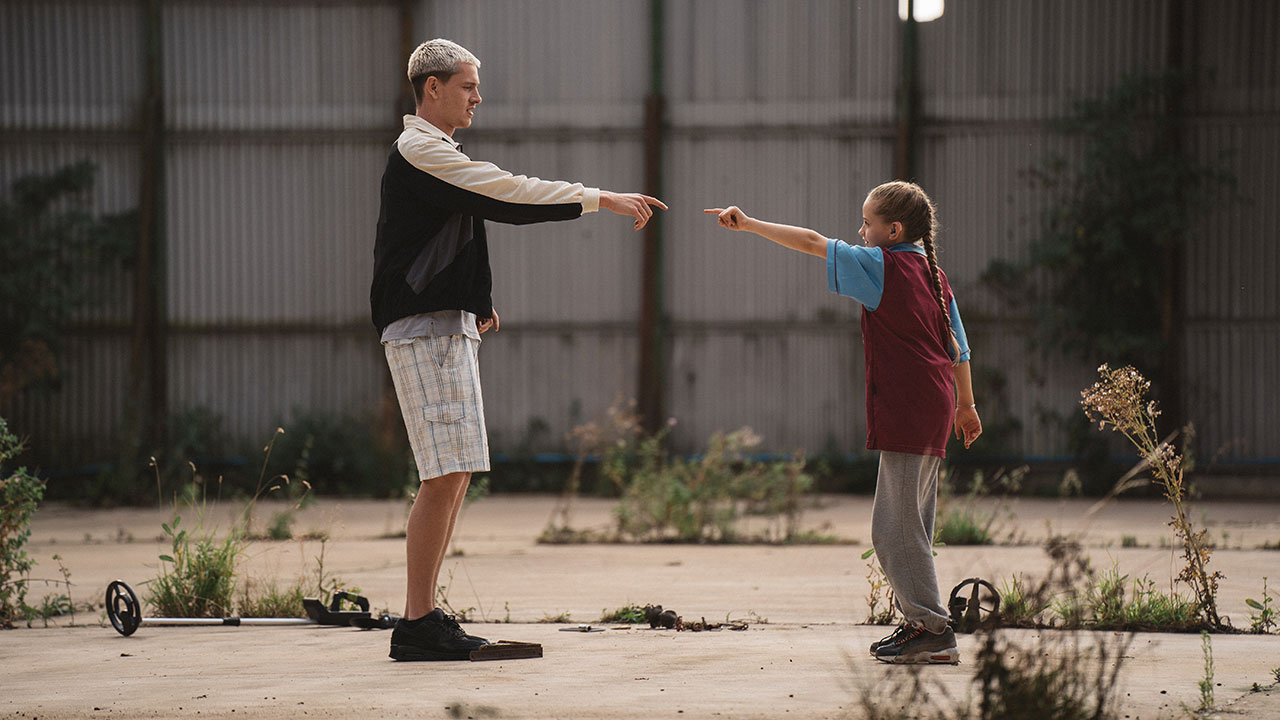Chasing the Real: Italian Neorealism
One of the most significant post-war developments in cinema, Italian neorealism rejected traditional cinematic canons.
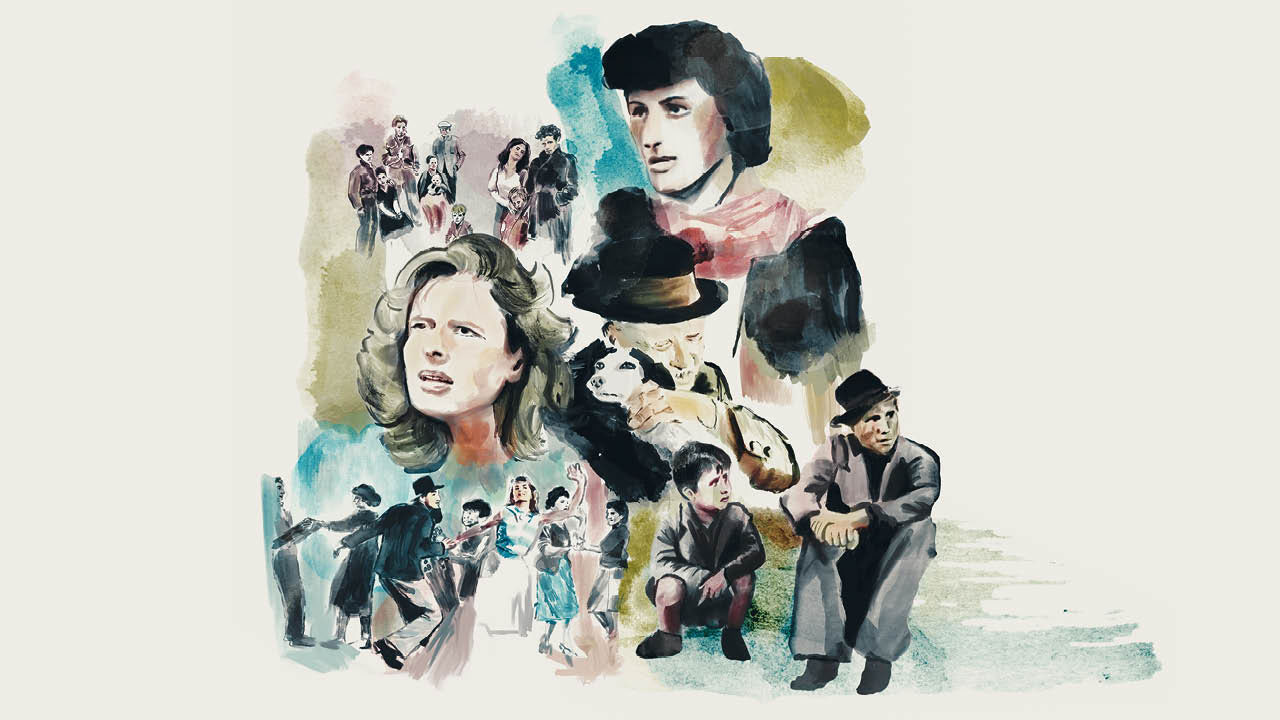
‘…to observe every part of reality, to look at things inside and outside at the same time, to film the aura around things, to reveal that which is elusive, arcane, magical, and possesses life. Isn’t neorealism all of these things?’
– Federico Fellini
Neorealism came to exist out of a moral necessity, following the urgency, as Cesare Zavattini, one of the movement’s architects, put it, to ‘find the hidden drama in everyday life’. When the subject of art becomes ordinary life, reality becomes spectacle. This two-month season features the different formal approaches taken by seven directors who made reality such a spectacle. We present 20 titles, from rarely shown gems to seminal works (such as Vittorio De Sica’s Bicycle Thieves and Luchino Visconti’s Ossessione), alongside a number of peripheral films that assimilated American and Soviet influence, and which expanded the boundaries of neorealism. This decisive decade is ripe for rediscovery; it’s been 80 years since Rossellini started work on Rome, Open City and 70 years since the ‘official’ end of the movement, yet it remains relevant to our current times in its ability to teach us the importance of freedom and to reinforce our capacity for compassion.
Giulia Saccogna, season curator
With thanks to
Camilla Cormanni, Paola Ruggiero, Germana Ruscio, Marco Cicala at Cinecittà.

Carmen Accaputo at Fondazione Cineteca di Bologna.

Releases
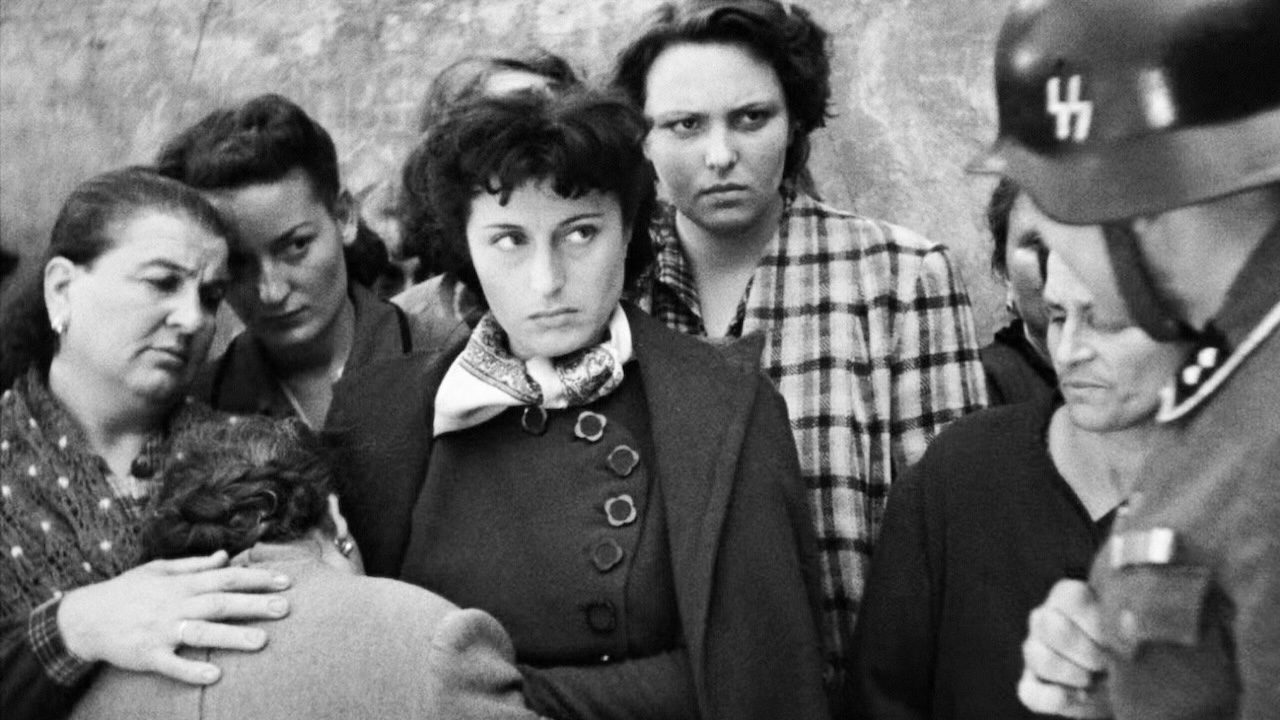
Rome, Open City
A foundational Italian neorealist film and a dramatic portrait of a city under occupation.

Rome, Open City + intro by Italian Neorealism season curator Giulia Saccogna
A foundational Italian neorealist film and a dramatic portrait of a city under occupation.
Events
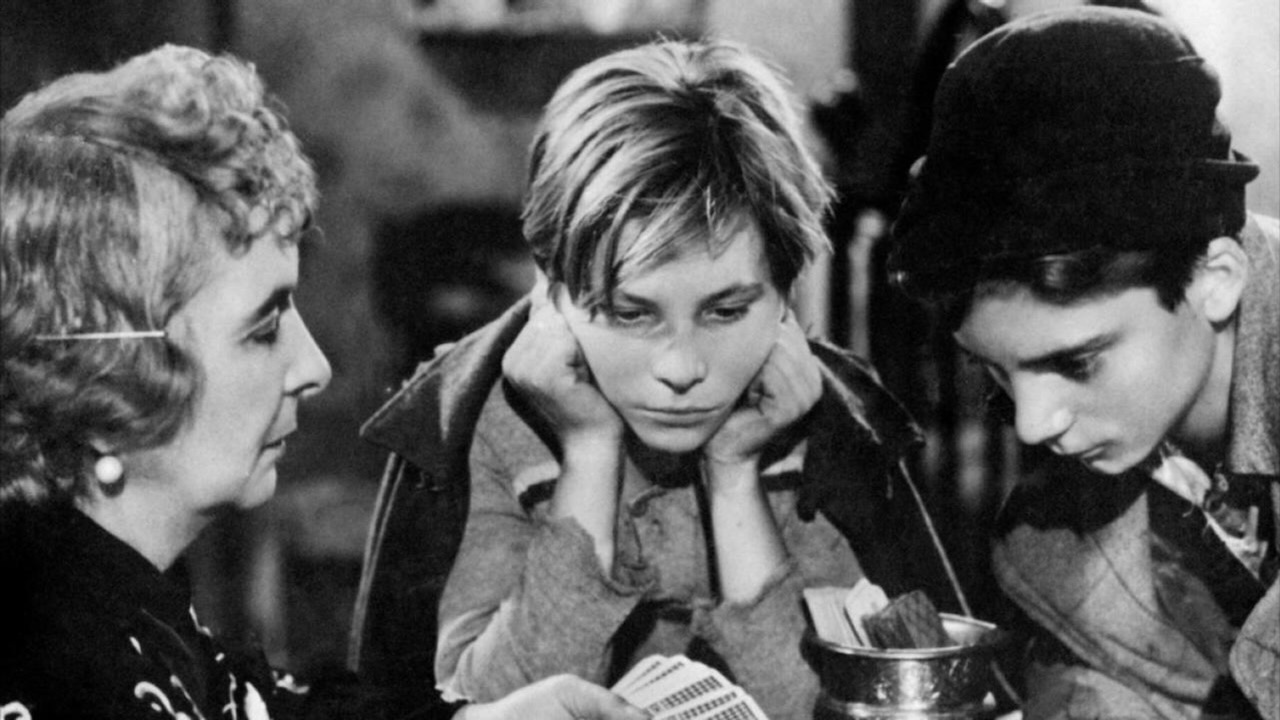
Journey Through Italian Neorealism
This event will offer new perspectives on one of the most influential movements in cinema history.
Precursors: Pre-Neorealism
Three films categorised as ‘proto-neorealist’, with traces still remaining of the sentimentality that marked films of the fascist era, alongside the first manifestations of a new kind of cinema.
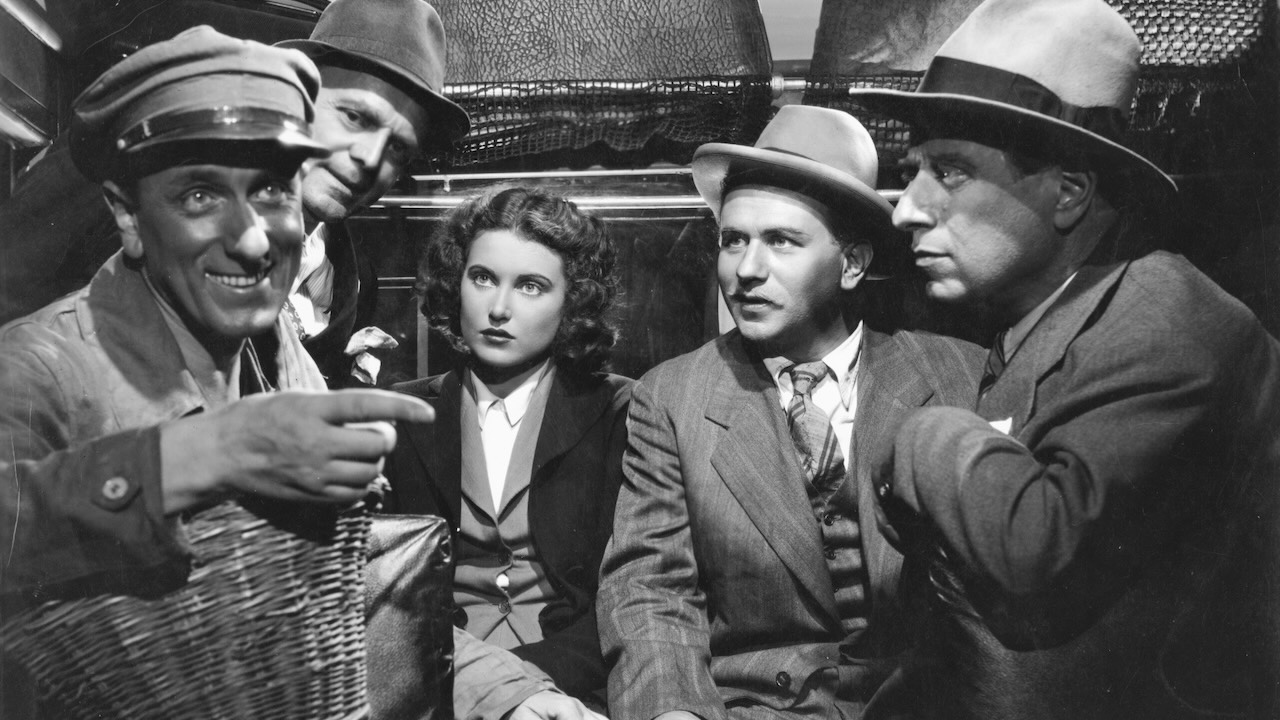
Four Steps in the Clouds
A rural interlude for a city employee turns into an idyllic interruption to the monotony of his life, in one of the first films to display neorealist traits.

Four Steps in the Clouds + intro by season curator Giulia Saccogna
A rural interlude for a city employee turns into an idyllic interruption to the monotony of his life, in one of the first films to display neorealist traits.
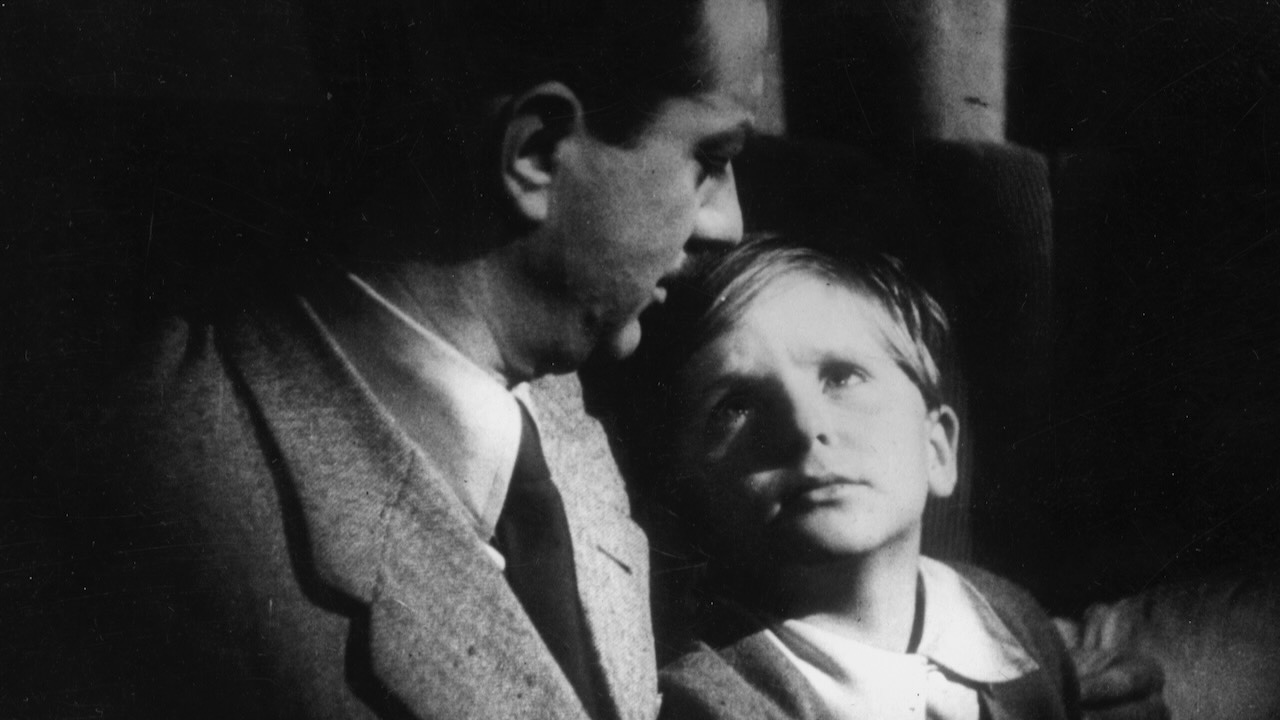
The Children Are Watching Us
Family, betrayal and alienation: a masterpiece ahead of its time.
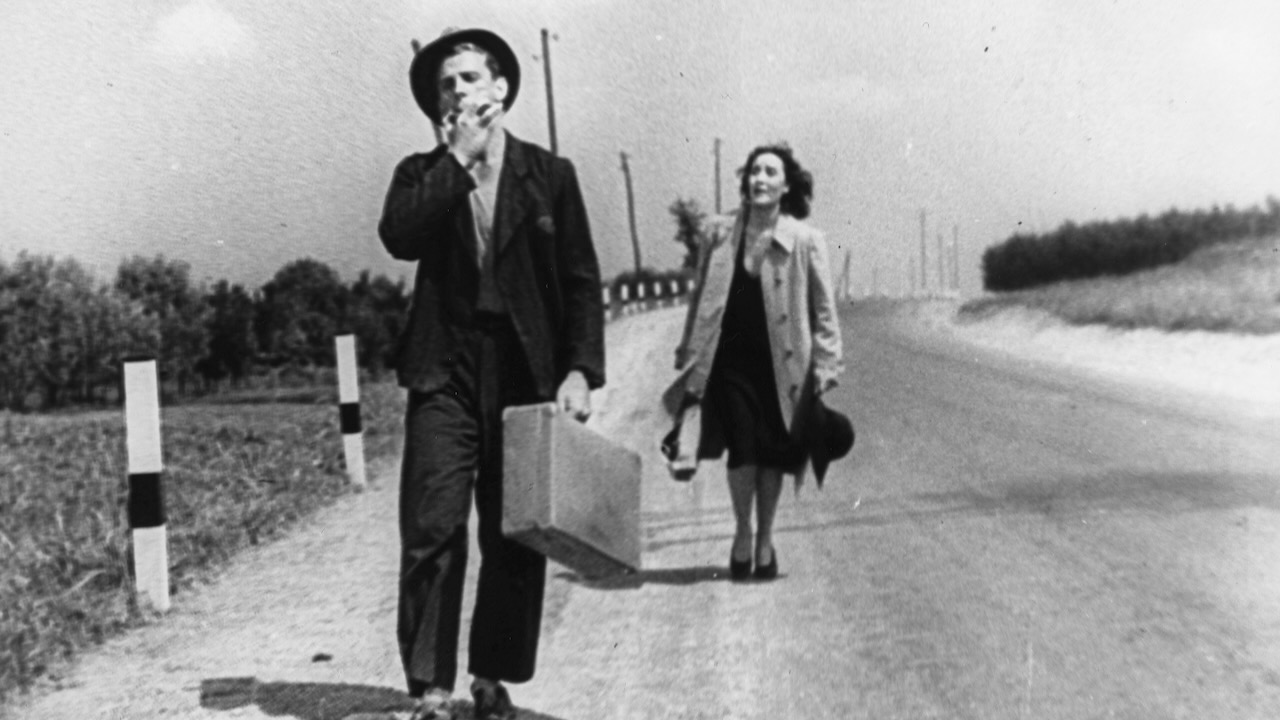
Ossessione
Emerging from the tumultuous climate of Italy in 1943, Luchino Visconti’s sensational debut wipes out years of fascist rhetoric with its bitter, transgressive realism and radical sexuality.
Beginnings: Rossellini’s war trilogy
Everything changes with Rossellini. He rebuilt Italian cinema after the war with this trilogy, which started with Rome, Open City.
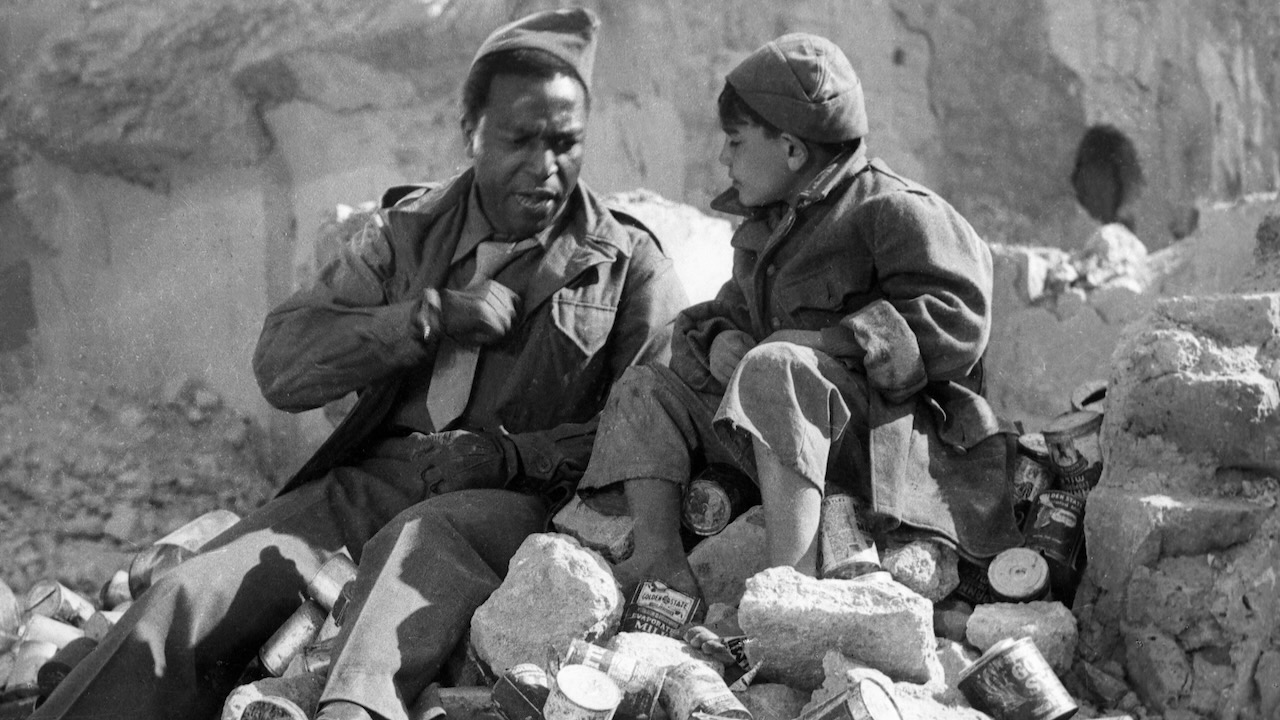
Paisà
The second part of Rossellini’s revered war trilogy is a key milestone of Italian neorealism which reveals a truthful simplicity in six searing tales.
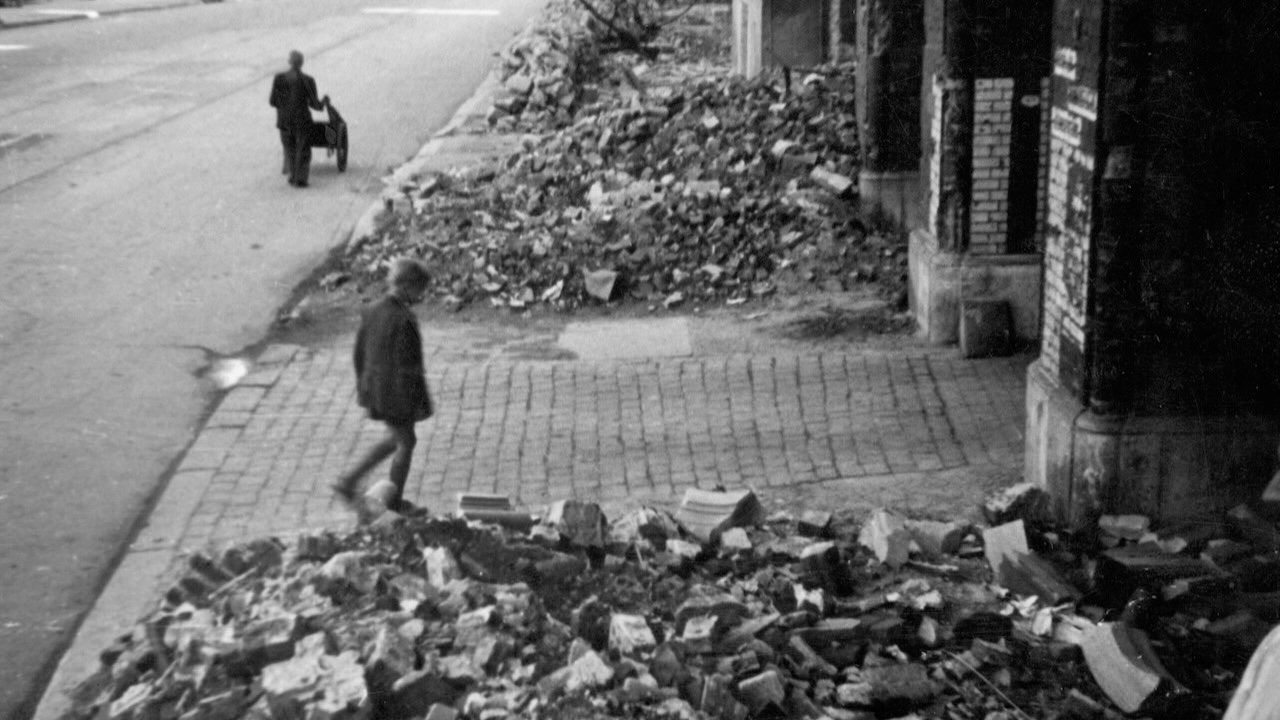
Germany, Year Zero
The final part of Rossellini’s war trilogy divided audiences at the time, while Chaplin called it “the most beautiful Italian film” he'd ever seen.
Development of the Movement
The years of ‘pure neorealism’ created many neorealisms, defined by the directors, screenwriters and actors working on each film.
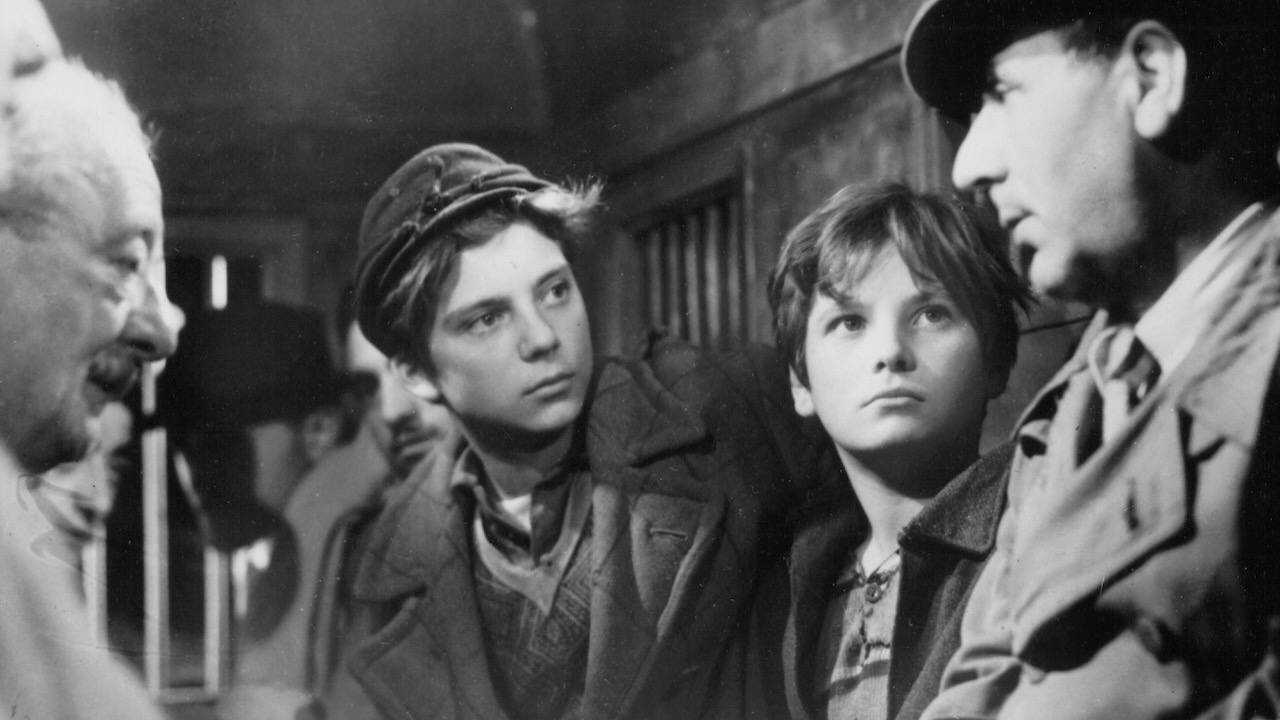
Shoeshine
Distinctly compassionate and humane, De Sica’s foundational neorealist drama was the first ever winner of the Oscar for Best Foreign Language Film.

Shoeshine + intro by season curator Giulia Saccogna
Distinctly compassionate and humane, De Sica’s foundational neorealist drama was the first ever winner of the Oscar for Best Foreign Language Film.
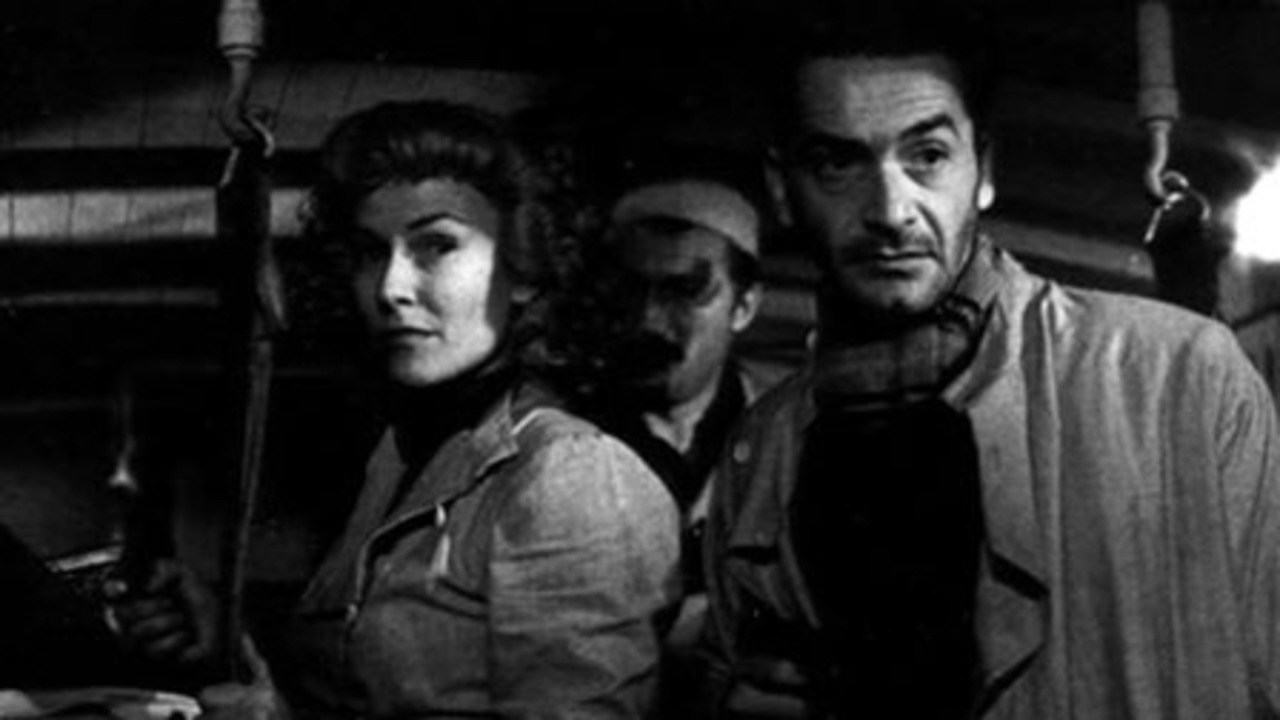
A Tragic Hunt (aka The Tragic Pursuit)
A little-seen gem, set in the chaos of post-war Italy, by one of the crucial voices in the development of neorealism.
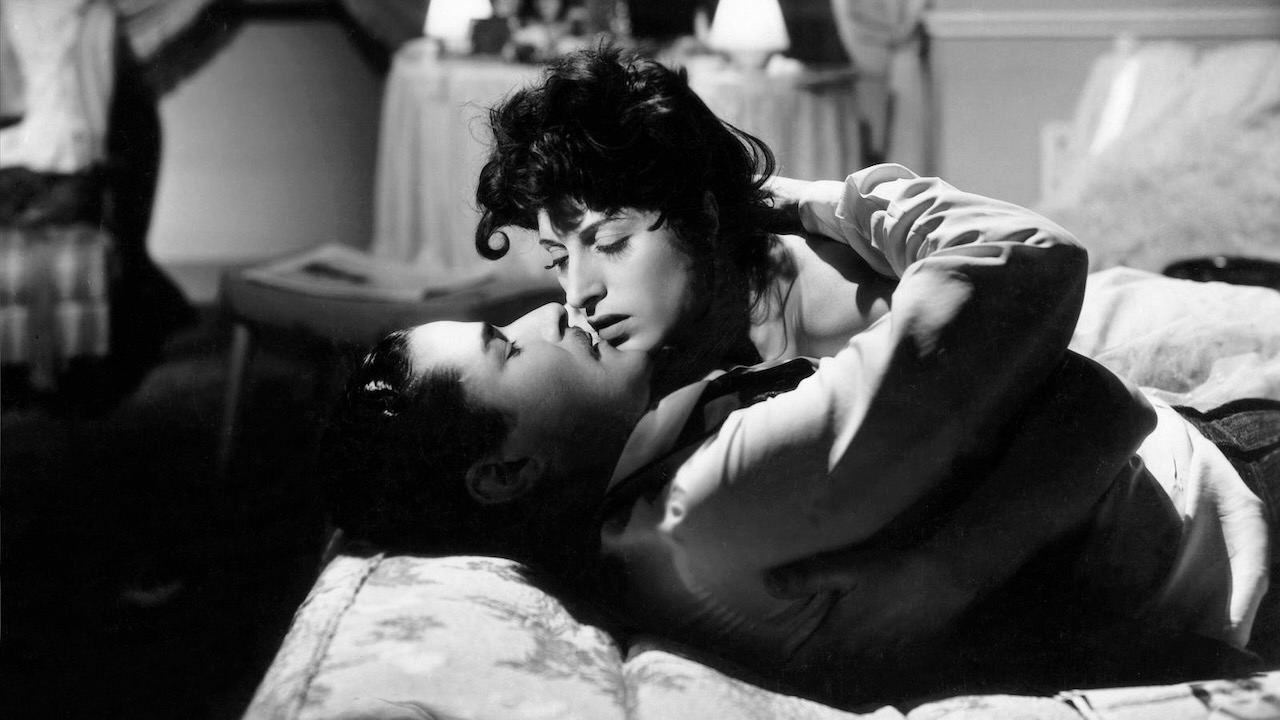
The Bandit
The trauma of the Second World War is explored in one of the treasures of Italian cinema.
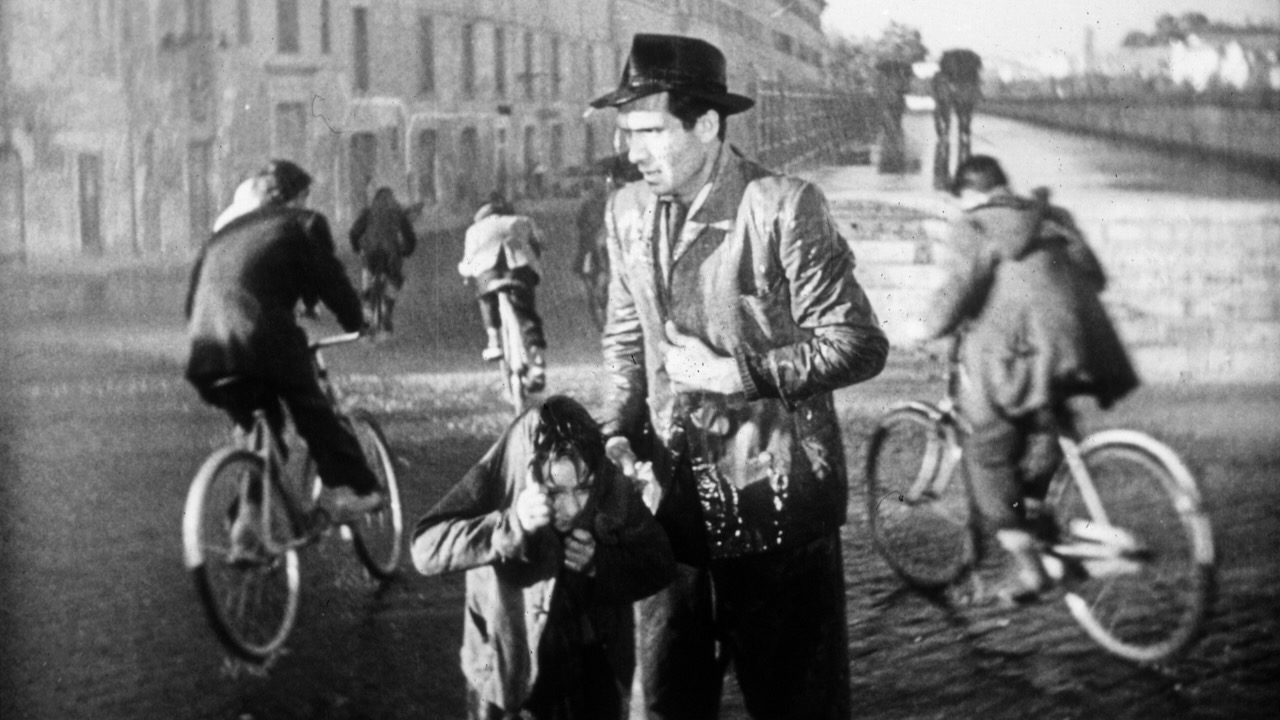
Bicycle Thieves
The Oscar-winning drama that represents post-war Italy more vividly than any other.
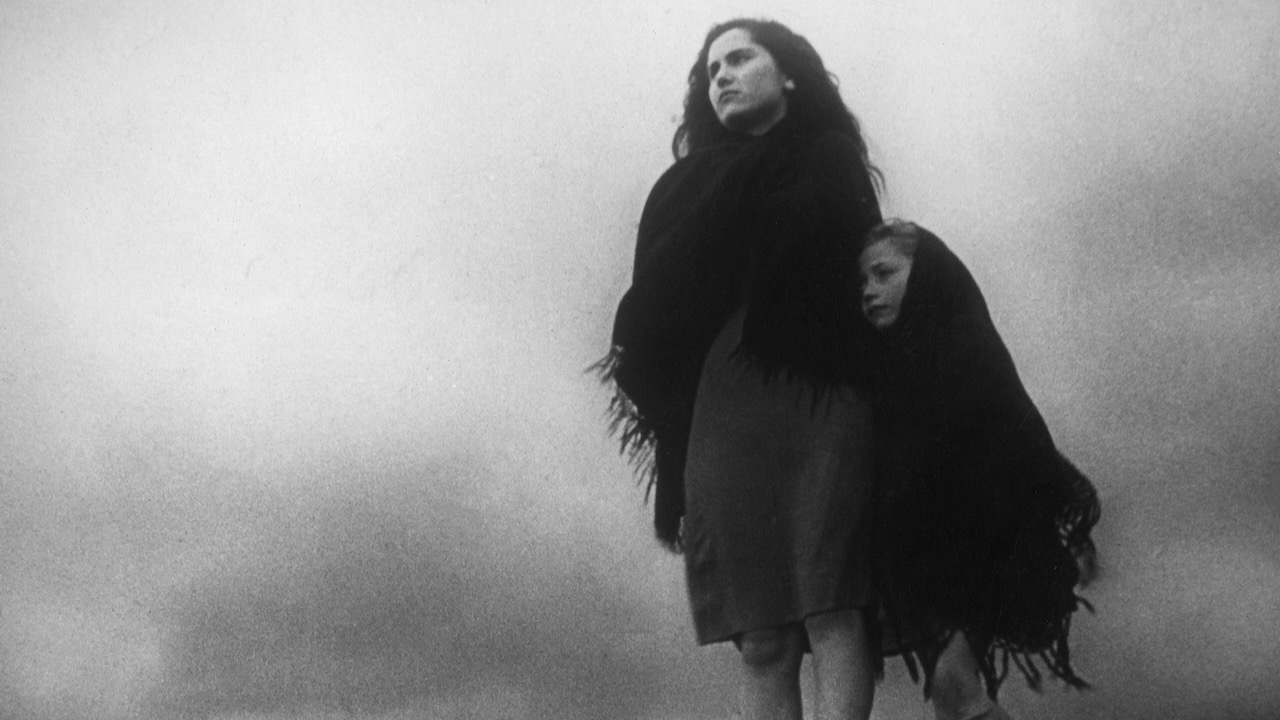
La terra trema
Visconti’s social conscience, impacted by war, prompted this strikingly beautiful portrayal of the unjust humiliation of workers in southern Italy.
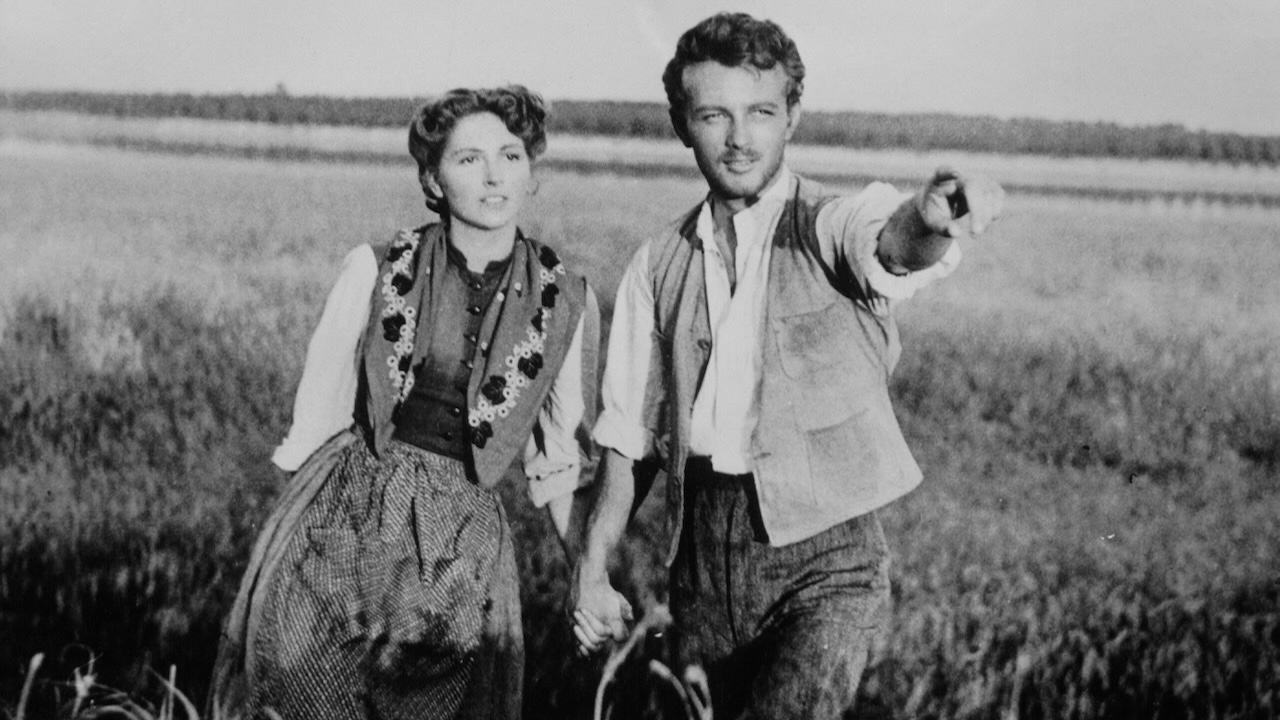
The Mill on the Po
Alberto Lattuada achieves a starkly poetic grandness with this variation on the themes of neorealism, set during the historic revolts in the Po Valley.
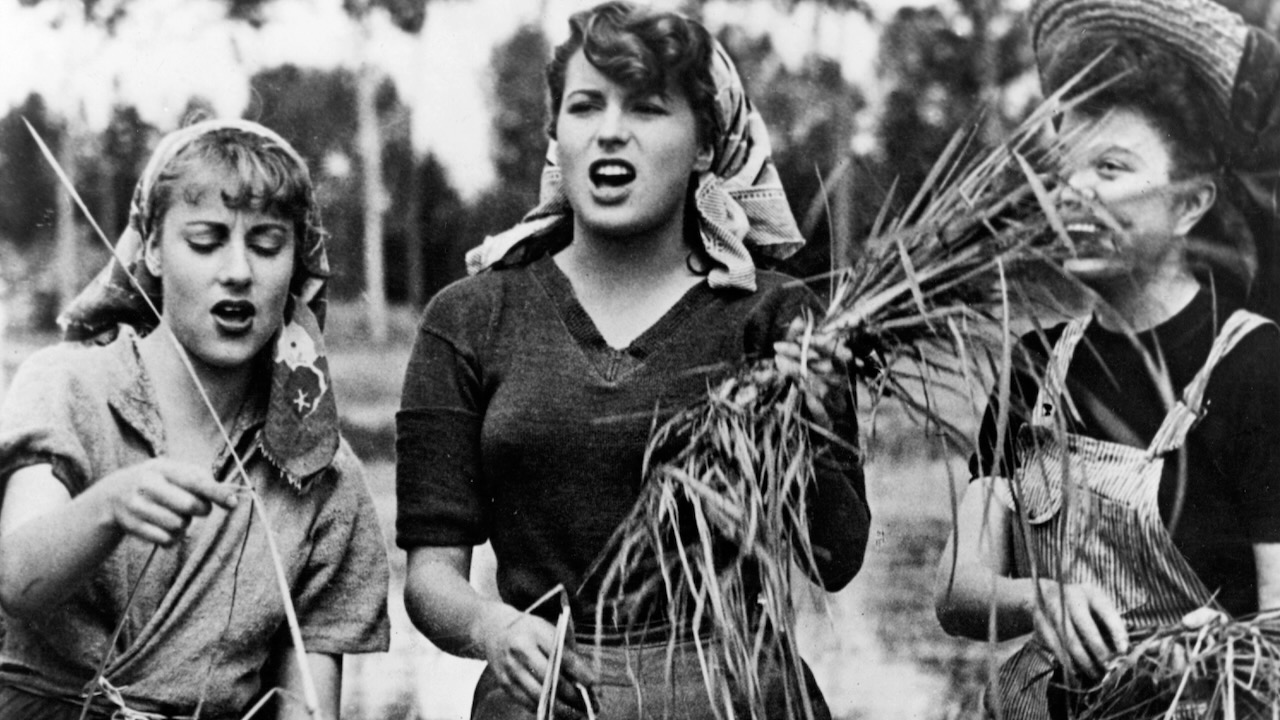
Bitter Rice
Nominated for an Academy Award and harshly condemned by the church, this drama attracted international acclaim and success, rightfully earning its place in the history of neorealist cinema.
Seniors

Seniors’ paid matinee: Rome, Open City + intro
A foundational Italian neorealist film and a dramatic portrait of a city under occupation.
Course
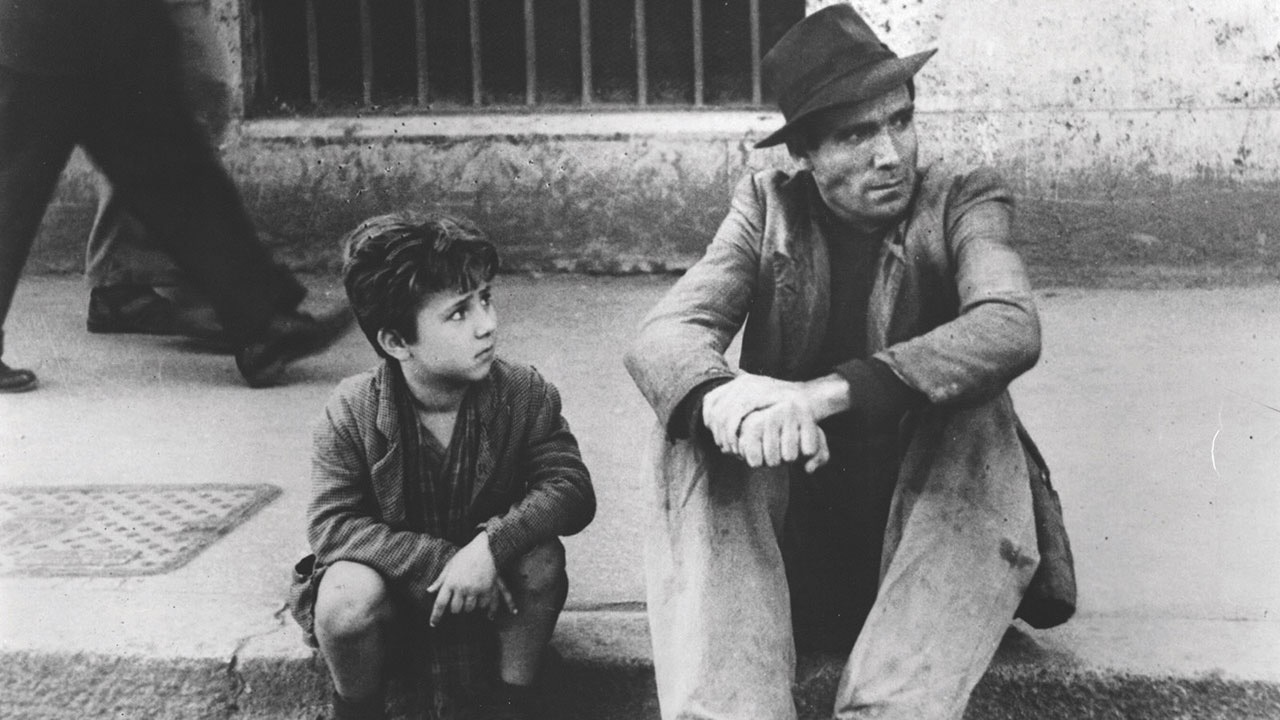
City Lit at the BFI: Italian Neorealism – The Cinema of Everyday Life
Six session course exploring the portrayal of reality in Italian neorealist film.

BFI Membership
Become a BFI Member from £39 to enjoy priority booking as well as other great benefits all year round.
Join today

